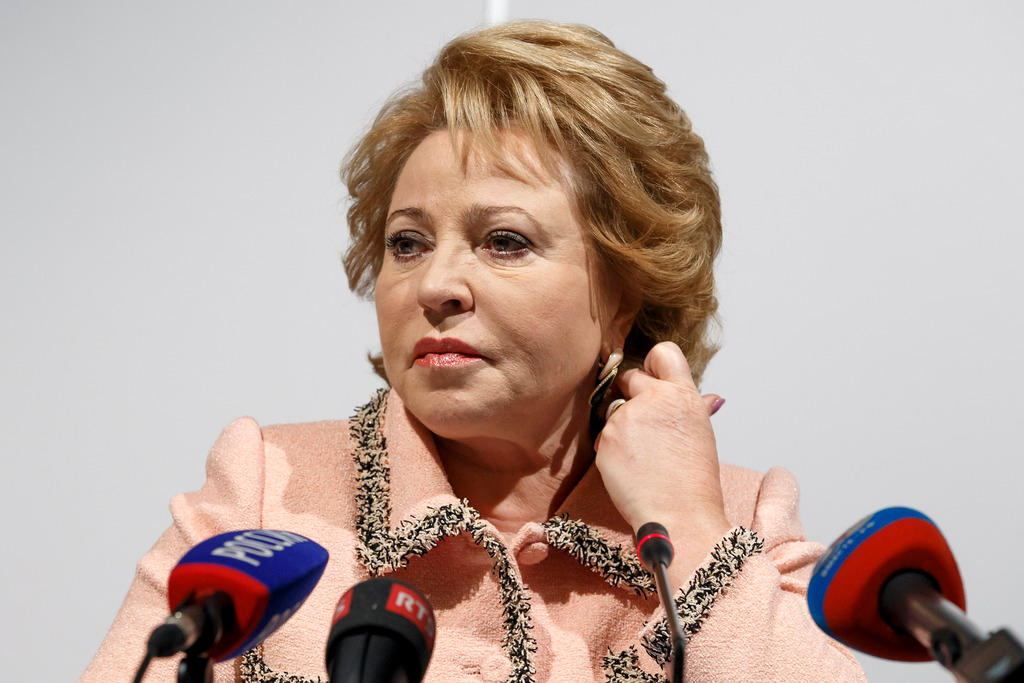Saskatchewan Political Panel: Federal Leader's Visit Sparks Controversy

Table of Contents
H2: Key Issues Raised During the Visit:
Prime Minister Trudeau's visit focused heavily on the federal government's environmental policies, specifically Bill C-69. His key statements emphasized the importance of balancing economic development with environmental protection, a point of contention in resource-rich Saskatchewan. The visit included a town hall meeting and a press conference, both of which contributed to the ensuing controversy.
-
Specific policy points that caused controversy: The most contentious points were the potential impact of Bill C-69 on resource extraction projects in Saskatchewan, including oil and gas pipelines and mining operations. Concerns were raised about increased regulatory hurdles and potential delays in project approvals. The Prime Minister's emphasis on a "just transition" for workers in the fossil fuel industry also faced criticism.
-
Quotes from the federal leader's speech relevant to the controversy: "We need to ensure that we are protecting the environment while also creating good jobs for Canadians," Trudeau stated, a comment swiftly met with skepticism from many Saskatchewan residents and politicians. He also emphasized the importance of consulting with Indigenous communities regarding resource development projects, another point which stirred controversy among some sectors.
-
Mention of any specific events or interactions that fueled the controversy: A tense exchange during the town hall Q&A session, where a rancher challenged the Prime Minister on the impact of the proposed regulations on his livelihood, became a viral moment, further fueling the controversy and dominating the Saskatchewan political panel discussions.
H2: Reactions from Saskatchewan Political Figures:
The Saskatchewan political panel responded swiftly and decisively. Premier Scott Moe, a vocal critic of Bill C-69, publicly denounced the Prime Minister's visit, calling the federal government's approach to resource development "job-killing" and "anti-Saskatchewan." Other Saskatchewan Party MLAs echoed these sentiments, emphasizing the negative economic consequences of Bill C-69 on Saskatchewan's resource-based economy. In contrast, the NDP, the official opposition party, offered a more nuanced response, acknowledging concerns about environmental protection while also calling for a more collaborative approach between the federal and provincial governments.
-
Quotes from prominent Saskatchewan politicians: Premier Moe stated, "This bill is a direct attack on our province's economy and way of life," illustrating the sharp divide within the Saskatchewan political panel. NDP Leader Ryan Meili, while expressing concerns about certain aspects of the bill, called for a focus on finding common ground to support sustainable resource development.
-
Differing opinions and perspectives on the federal leader's visit and its implications: The visit exposed the significant ideological and political chasm between the federal Liberal government and the Saskatchewan Party government on environmental policy and resource management.
-
Analysis of the political strategies employed by Saskatchewan politicians in responding to the visit: The Saskatchewan Party's aggressive criticism served to consolidate its base and portray the federal government as hostile to Saskatchewan's economic interests. The NDP's more measured response aimed to position itself as a pragmatic alternative, seeking to balance environmental concerns with economic realities.
H2: Public Opinion and Media Coverage:
Public reaction to the Prime Minister's visit was highly polarized, reflecting the deep divisions already present in the Saskatchewan political landscape. Social media was flooded with opinions ranging from strong support for Trudeau's environmental agenda to fierce opposition to Bill C-69. Polls showed significant public dissatisfaction with the federal government's handling of resource development issues in Saskatchewan.
-
Examples of public sentiment – positive and negative: Supporters lauded Trudeau's commitment to climate action, while critics argued that the proposed regulations threatened economic stability and jeopardized jobs.
-
Analysis of news coverage – biased or unbiased: News coverage varied significantly across different outlets, with some presenting a more sympathetic view of the federal government's position and others echoing the concerns of Saskatchewan residents. The role of social media in shaping public opinion proved to be significant.
-
Discussion of the role of social media in shaping public opinion: Social media platforms amplified both positive and negative sentiments, creating a highly charged environment where often conflicting narratives circulated and shaped public opinion through increased visibility and engagement.
H3: The Impact on Provincial Politics:
The controversy surrounding the Prime Minister's visit will undoubtedly leave a lasting mark on Saskatchewan's political landscape. The event may strengthen support for the Saskatchewan Party among voters concerned about economic repercussions and further cement the existing partisan divide. It could also influence the upcoming provincial election, with the handling of resource issues becoming a central campaign theme.
-
Possible shifts in public support for different parties: The Saskatchewan Party might gain support among those who view Trudeau's policies as a threat, while the NDP will aim to garner support by offering a more balanced approach.
-
Potential effects on upcoming provincial elections: The controversy will likely dominate the political narrative leading up to the next provincial election, with resource development and environmental policy becoming key battlegrounds.
-
Changes in the relationship between the provincial and federal governments: The visit has further strained relations between the federal and provincial governments, potentially hindering future collaboration on issues of mutual concern.
3. Conclusion:
The federal leader's visit to Saskatchewan, intended to be a display of support for Bill C-69, has instead become a significant point of contention in Saskatchewan politics. The controversy highlights the deep divisions on key policy issues and the differing priorities between the federal and provincial governments. The reactions from Saskatchewan political figures and the public, as seen throughout the Saskatchewan political panel discussions, underscore the complex dynamics at play. This event will likely have lasting consequences on provincial politics, influencing public opinion and shaping the future political landscape of Saskatchewan. To stay updated on the ongoing debate and its implications, continue following our coverage of the Saskatchewan political panel and other related news. Stay informed about the evolving dynamics of this crucial Saskatchewan political panel discussion.

Featured Posts
-
 Groeiend Autobezit Stimuleert Occasionverkopen Abn Amro Rapporteert Sterke Stijging
May 21, 2025
Groeiend Autobezit Stimuleert Occasionverkopen Abn Amro Rapporteert Sterke Stijging
May 21, 2025 -
 Wwe Nxt Tyler Bates Highly Anticipated Return
May 21, 2025
Wwe Nxt Tyler Bates Highly Anticipated Return
May 21, 2025 -
 Across Australia On Foot A Britons Battling Endurance
May 21, 2025
Across Australia On Foot A Britons Battling Endurance
May 21, 2025 -
 Southern French Alps Late Snowfall And Stormy Weather
May 21, 2025
Southern French Alps Late Snowfall And Stormy Weather
May 21, 2025 -
 Benjamin Kaellman Maalivire Huuhkajien Apuna
May 21, 2025
Benjamin Kaellman Maalivire Huuhkajien Apuna
May 21, 2025
